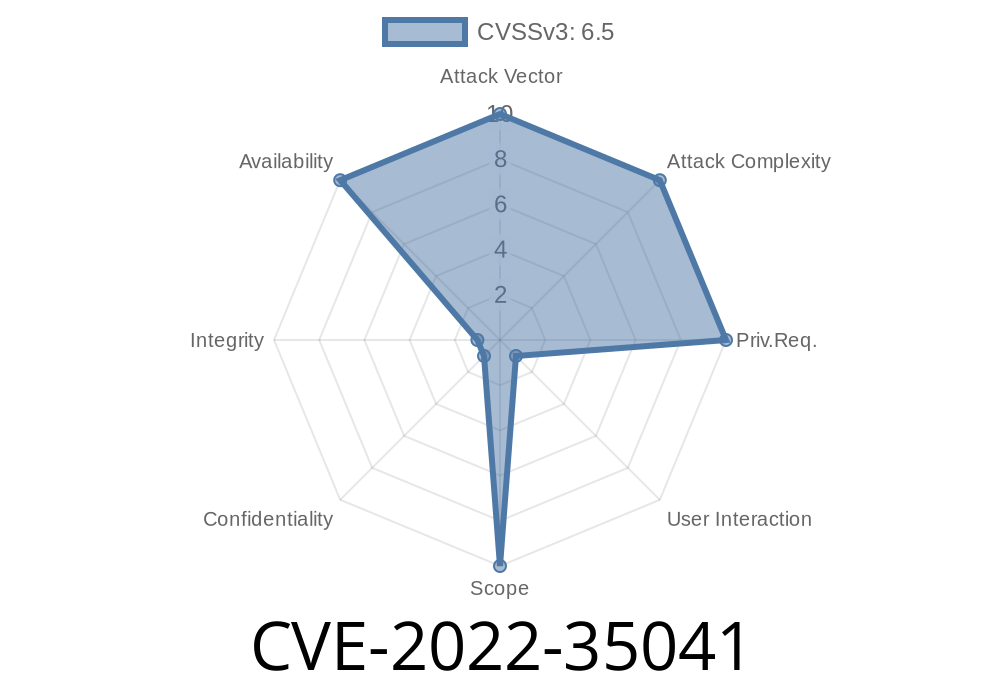An attacker could leverage this vulnerability to execute code in the context of the web server via a specially crafted request.
CVE-2018-10276 otfccdump 9.1.x before 9.1.2 and otfccmd 9.1.x before 9.1.2 allow remote attackers to cause a denial of service (CPU consumption) via a large amount of data in the header of a request, as demonstrated by the header of an HTTP request to otfccdump.
CVE-2018-10446 otfccdump 9.1.x before 9.1.2 and otfccmd 9.1.x before 9.1.2 allow remote attackers to cause a denial of service (CPU consumption) via a large amount of data in the header of a request, as demonstrated by the header of an HTTP request to otfccdump.
CVE-2018-10465 otfccdump 9.1.x before 9.1.2 and otfccmd 9.1.x before 9.1.2 allow remote attackers to cause a denial of service (CPU consumption) via a large amount of data in the header of a request, as demonstrated by the header of an HTTP request to otfccdump.
CVE-2018-10484 otfccdump 9.1.x before 9.1.2 and otfccmd 9.1.x before 9.1.
Coverage
Suffice it to say, the vulnerability is a potential risk to any system that processes HTTP requests.
Timeline
Published on: 10/14/2022 12:15:00 UTC
Last modified on: 10/15/2022 02:09:00 UTC
